As part of Black History Month, this blog celebrates the history of Black musical culture. Informed by Pan-African music traditions, the innovative styles of Black musicians have been the forerunners of virtually every form of popular music today. To honour the legacy of debt that today’s musical cultures owe to the Black musicians of yesterday, here’s a brief glimpse into the origins of select music styles; necessarily brief, as musical styles are not mutually exclusive but are a richly complex manifestation of combined and reciprocally influencing styles and genres, and are impossible to describe in only a few sentences.
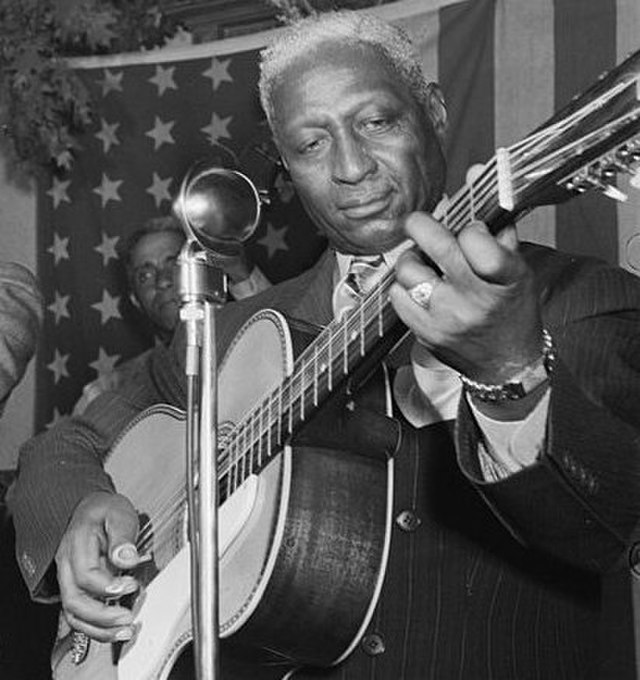
Blues
Blues music descends from the songs created and sung by enslaved persons, from the earliest days of the transatlantic slave trade (dating back to the early 1500s), making the African diaspora the originators of the first “American” music to emerge on these Indigenous lands. Blues was recognized as a distinct musical genre, around the turn of the 19th century. Iconic Blues forerunners include Huddie William Ledbetter (better known as Lead Belly), Virginia Liston, Mississippi John Hurt and John Lee Hooker.
Jazz
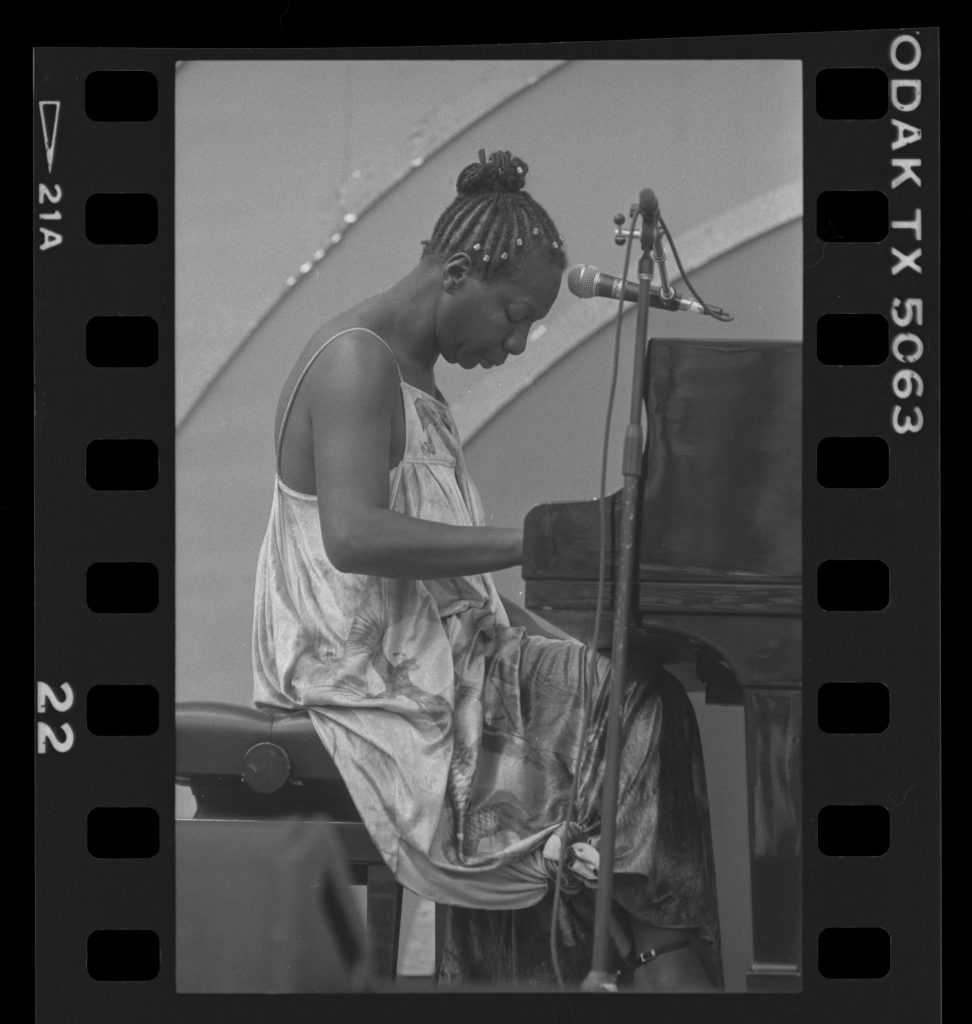
Jazz originated in New Orleans at the turn of the 19th century and was informed by ragtime, blues and gospel music. There are many spin-off and regional styles of jazz, including swing, big band, “Gypsy”, bossa nova, “Free” and “Cool”. Select jazz artists from the 20th century include: Buddy Bolden (typically acknowledged as the “first jazz musician”), Jelly Roll Morton, Billie Holiday (Lady Day) & Louis Armstrong, Nina Simone and Oscar Peterson.
Spirituals/Black Gospel
Black Gospel and Spirituals have their roots in the fusion of Christian hymns with African oral/vocal traditions (i.e. call-and-response and rhythmic accompaniment) and elements of blues music. Developing during the turn of the 19th century, Gospel gained recognition in the 1920s. Early gospel artists include: Sister Rosetta Sharpe, Arizona Dranes, Thomas Dorsey, The Blind Boys of Alabama and Mahalia Jackson.
Rhythm & Blues
Rhythm & Blues, or R&B, emerged from blues music in the 1940s and stylistically influenced other Black music genres; for example, many early R&B artists are also recognized as Jazz, Gospel or Rock and Roll artists. The Motown record label, created in part for the purpose of recording Black musicians (traditionally exploited by the white mainstream music industry), popularized R&B and brought black musicians into mainstream popularity. Early R&B artists (including “doo-wop” groups) include Billy Ward and His Dominoes, LaVern Baker, Sam Cooke, Etta James and Smokey Robinson.
Rock and Roll
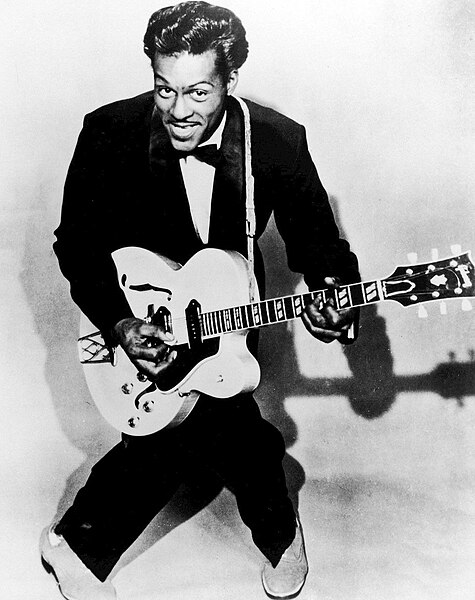
(Universal Attractions, Wikimedia)
Rock and Roll evolved among Black musicians, as an amalgamation of blues, rhythm and gospel music from the mid-1940s, but only gained mainstream popularization in the 1950s with the emergence of the “first” rock and roll stars Bill Haley and Elvis Presley. Rock n roll bands (e.g. Rolling Stones, Led Zeppelin) and musicians continued to draw inspiration from blues musicians as this genre has evolved to this day. Pioneering innovators of Rock and Roll include Big Mama Thornton (notably the composer of “Hound Dog”, with which Elvis Presley had a hit in 1956, and “Ball and Chain”, a breakthrough hit for Janis Joplin in 1968), Chuck Berry, Fats Domino, Bo Diddley, and Little Richard.
Black musical culture is rich and varied, and includes many more styles and genres than were touched on here, including Ragtime, Calypso, Ska, Zydeco, Reggae, Samba, Choro, Hip Hop and Rap (to name only a few!) Try to carve out some time to investigate and listen to the amazing Black musicians, past and present, whose expressive music has informed the popular music soundscape for generations.
Links to music audio sources have not been included, as they are ubiquitously available on streaming platforms. This selection of books from our collection might be of interest:
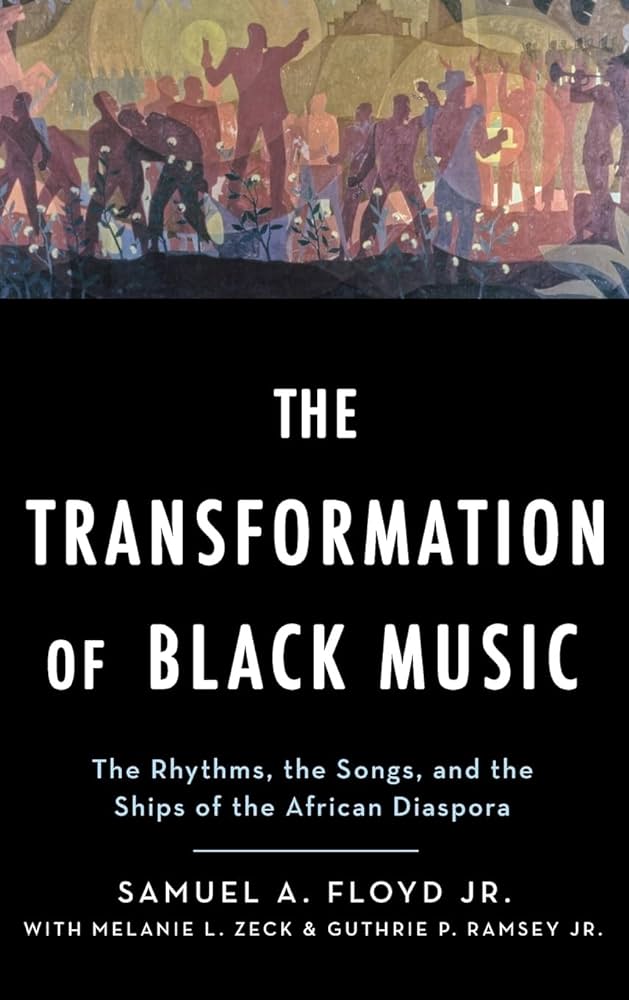
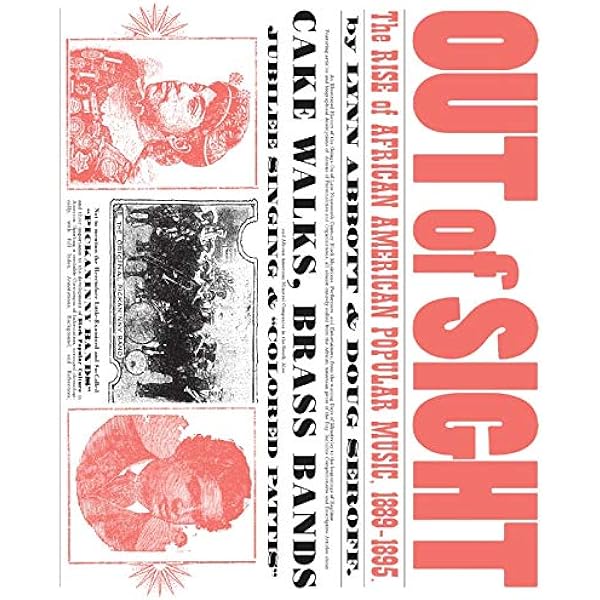
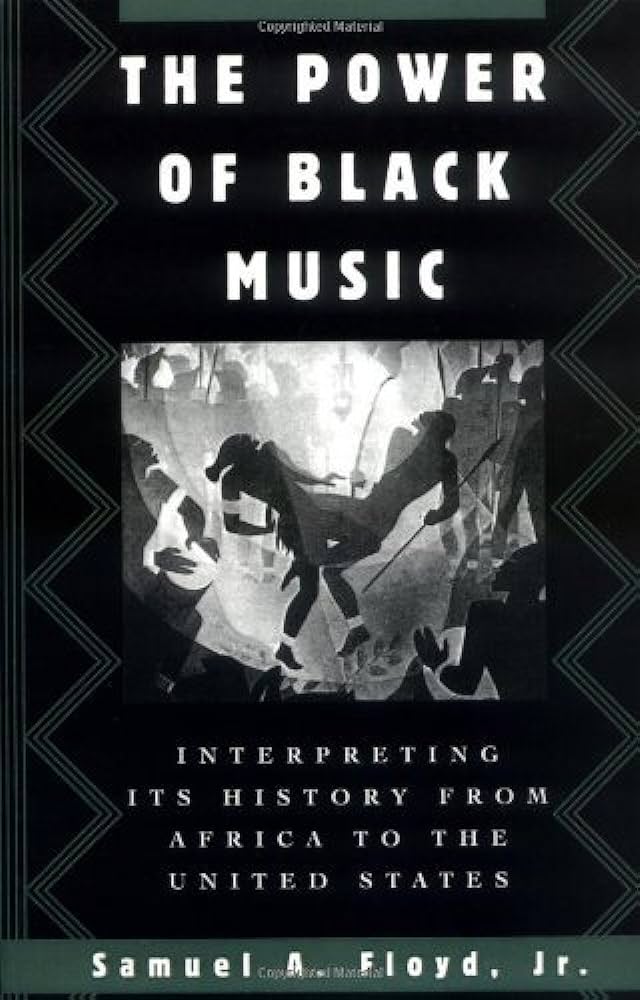
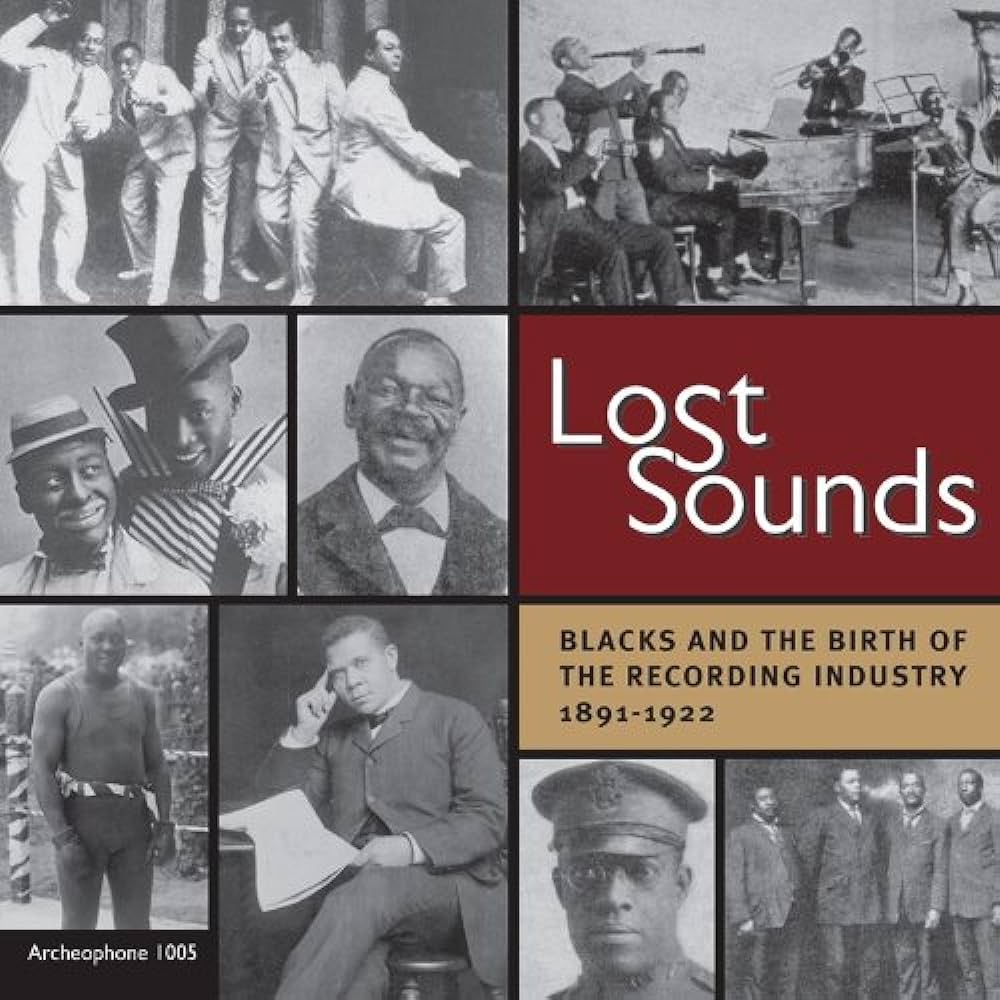
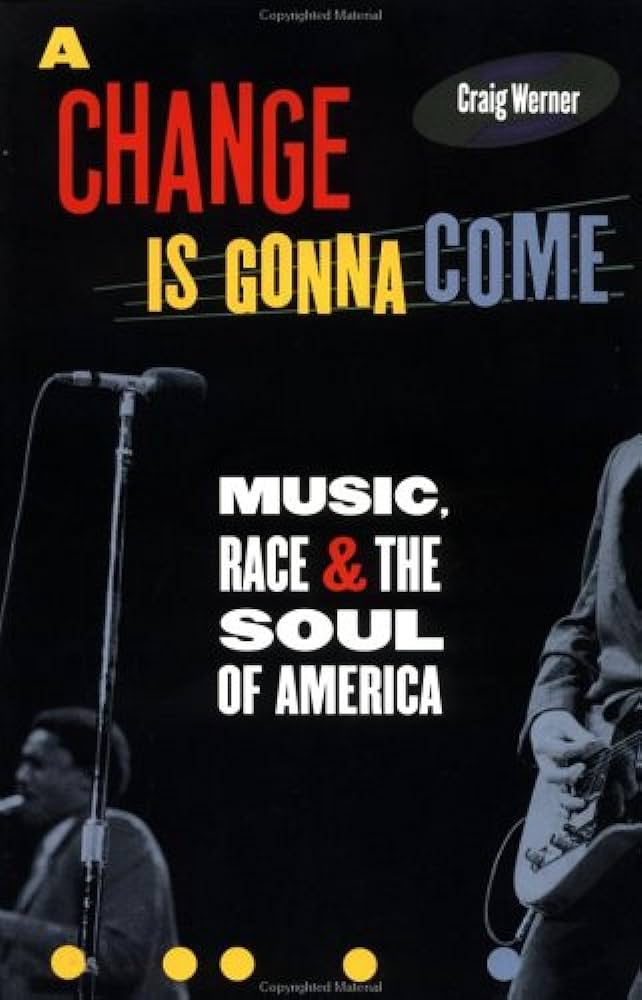
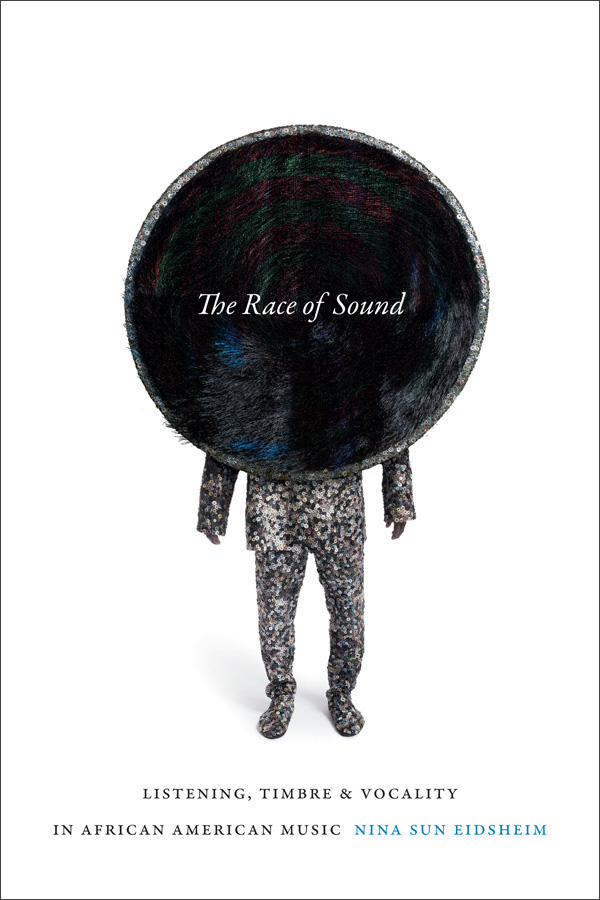
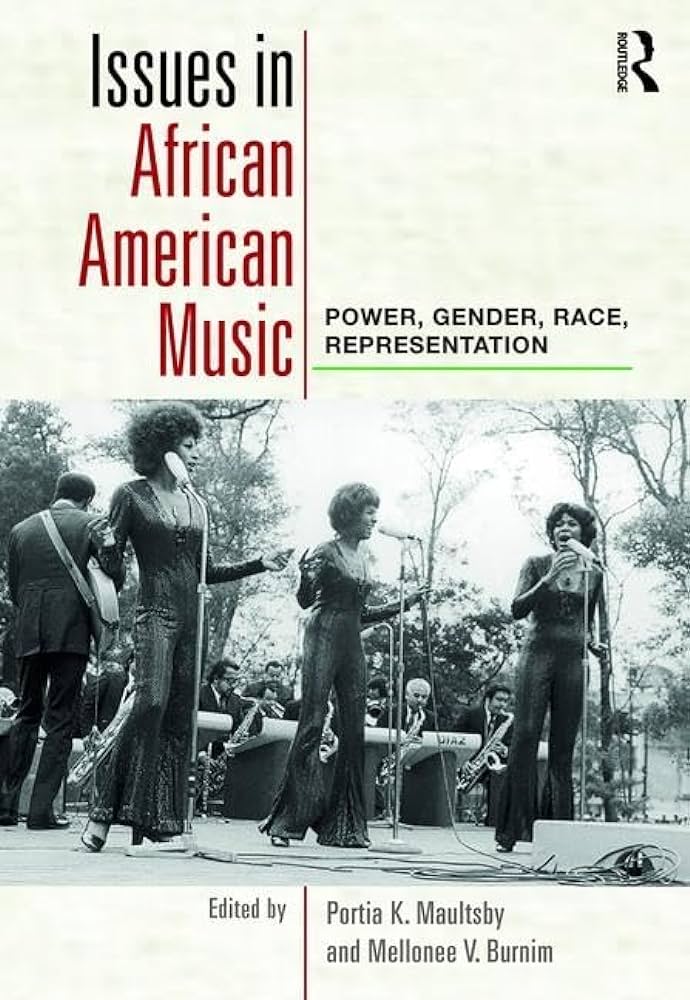
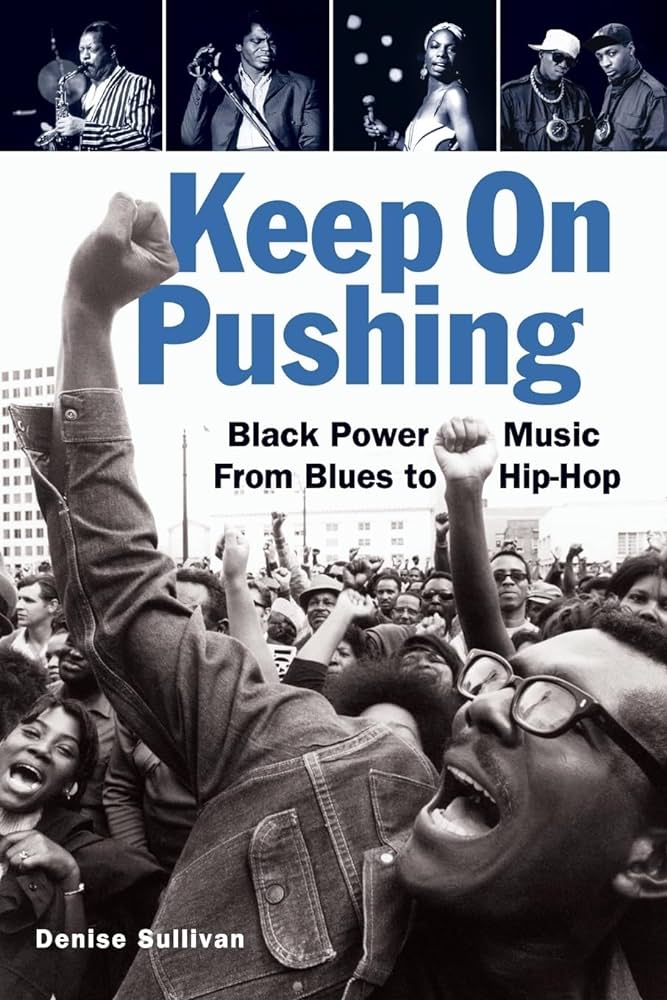
Ask us a question!
As always, if you need help with your library research… Ask us!
This content is licensed under a CC BY-NC-SA 4.0 Creative Commons licence.

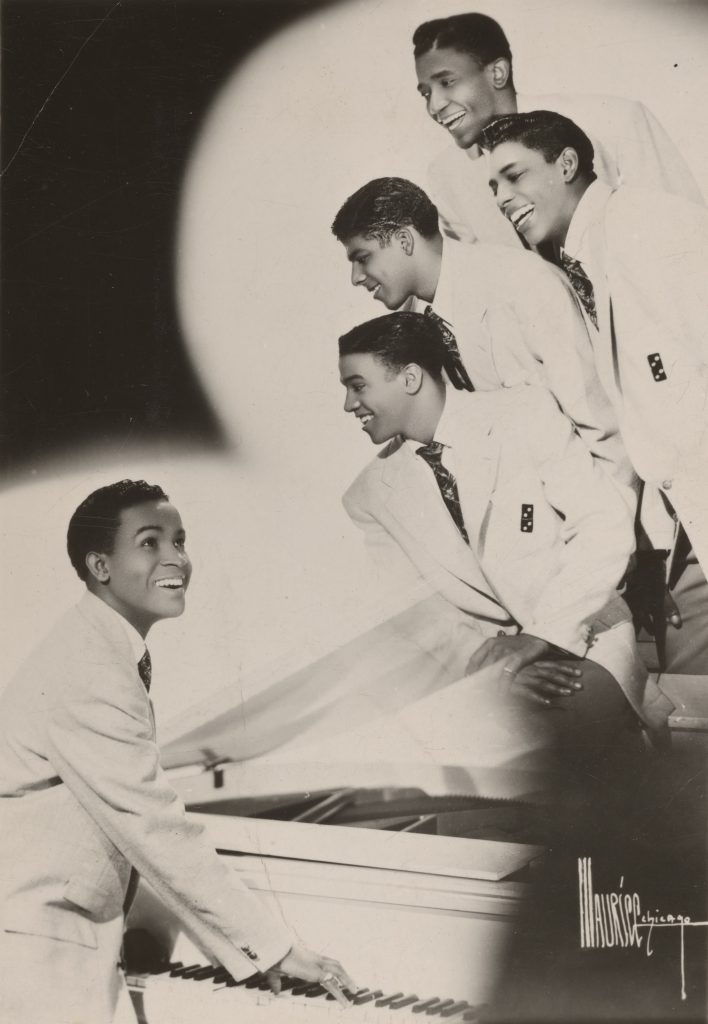
1 comment
Great Article and is just the tip of rhe iceberg for sure